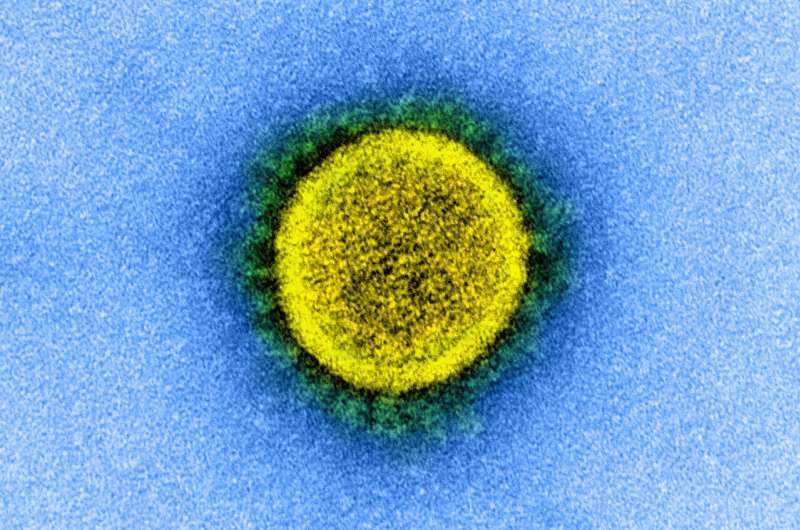WHO prequalifies arthritis drug for severe COVID cases

The World Health Organization said Friday that it had prequalified the arthritis treatment tocilizumab for use in patients hospitalised with severe COVID-19, in a bid to increase access to the pricey drug.
The monoclonal antibody, used in anti-inflammatory drugs made by Swiss pharma giant Roche, has been shown to reduce the risk of death and also hospitalisation time in certain patients suffering from severe COVID.
WHO has, like the United States and the European Union, already recommended its use to treat severe COVID in hospital settings.
But it remains in short supply and is very expensive—a single dose reportedly goes for up to $600 in lower-income countries, WHO said, adding though that its prequalification should help make it more accessible.
The UN health agency said it had added three different compositions of the monoclonal antibody to its list of prequalified treatments for the pandemic disease, in a move aimed to spur more the production of more cheaper generic versions.
"The listings should pave the way for more companies coming forward to seek WHO prequalification, thereby increasing the number of quality-assured products and creating competition leading to potentially lower prices," WHO said in a statement.
"The prequalification of these products will also facilitate low- and middle-income countries' authorisation of them as COVID treatments," it said.
WHO told AFP its prequalification process was primarily aimed at ensuring the quality, safety and efficacy of medical products procured to developing countries.
A prequalification provides assurances to countries that they are purchasing quality health products.
Prior to tocilizumab, the WHO has prequalified three different compositions for the steroid dexamethasone for treating COVID, as well as Gilead's antiviral remdesivir, although that prequalification has since been suspended.
Tocilizumab has previously been authorised mostly for the treatment of arthritis in about 120 countries.
But during the pandemic, it has also been shown to suppress a dangerous "cytokine storm"—the over-reaction of the immune system to the coronavirus.
WHO pointed out that the patent for tocilizumab had expired for most uses.
This, it said, "means there should be no intellectual property barriers," although it warned there was "low global availability for quality-assured biosimilars of the product".
WHO said it was currently discussing with Roche how to lower prices and improve access in low- and middle-income countries.
But it stressed to AFP that while Friday's prequalification was specifically for Roche products, "many generic companies are already producing tocilizumab, some of which have also applied for prequalification".
"If they are found to comply with WHO standard... they can enter international markets."
"In a sense, prequalification is also indirectly promoting quality local production, and ultimately greater supply and more competitive prices."
© 2022 AFP




















